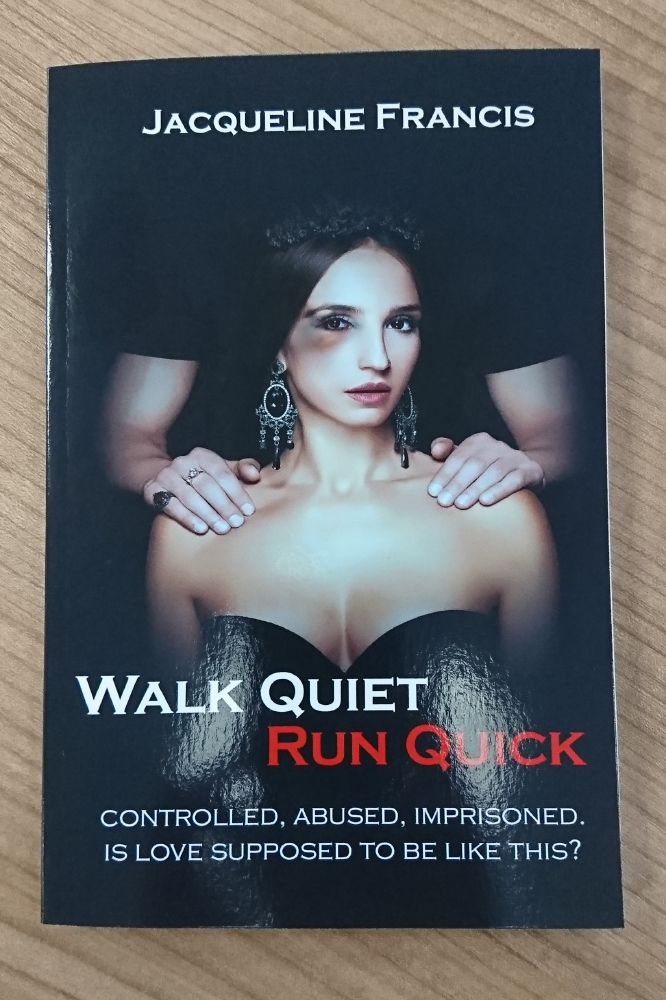Jacqueline Francis’ debut novella Walk Quiet Run Quick was published last month by leading self-publisher Type & Tell. To celebrate, she shares her top tips for writing a novel.

Jacqueline Francis
Ask yourself why you want to write a novel? Is it something you always wanted to do? Do you want to leave a legacy? Knowing why you want to write can motivate you and help you decide how you want to eventually publish.
Write a novel that you would want to read – I wanted to write and share a story to promote awareness of domestic abuse, a key theme in Walk Quiet Run Quick.
Always carry a notebook – I always have a notebook with me and make sure that I have one on my bedside table. It’s amazing how thoughts or ideas pop into your head when you least expect it. Write them down before they disappear regardless whether you think you will use them or not.
Find techniques that work for you – There are many ways to write a book and what works best for you may not be what work for everyone else. Don’t be afraid to try something new to bring the best out of your creativity! I started off by planning. But I found that this didn’t work out for me because I took months planning and I couldn’t get my story started, so then I gave up on it. In the end I decided just to write and allowed my words, thoughts and ideas just to flow. My advice is to find what writing style works best for you.
Know your characters as you know your friends! – My characters became my friends. I came to know their likes and dislikes, annoying habits, their personalities. Once you really know your characters then you no longer have to put words into their mouths, they just speak them. Try not to put too much emphasis on describing your characters. Know the role you want them to play or where they fit into the story. Remember that supporting characters are equally important as your main characters.
Use all your senses – If you mention a specific location in your story, ensure that you use landmarks to support your story so your audience can connect, and your story becomes more believable. I was also mindful of using my five senses. This allowed my story to have more depth and draw readers in more.
You don’t have to write every day – I found that I needed to let my story settle for a day or two to allow the plot and characters to marinate together. But when you do write, find a good time to do so, whether it’s first thing in the morning or late at night when it’s quiet or during the day when everyone is out. Some may prefer writing amongst the buzz of people at a coffee shop in order to get those creative juices going. Find your space.
If you are struggling to motivate yourself, get an accountability partner – I used my daughter. She was there to ensure that I committed to writing.
Don’t be tempted to edit as you go – You will never get any writing done. Your story will always be evolving. Have Beta readers review your manuscript if need be. They will critique your writing and weed out errors in spelling or grammar.
Allow yourself to enjoy the process – The last thing you want is for your writing to feel like a chore.


